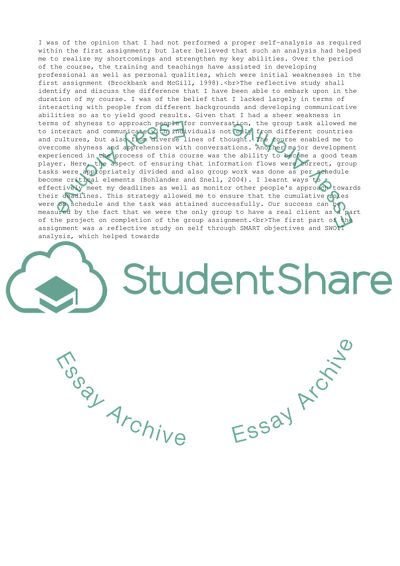Cite this document
(“DTP Coursework Example | Topics and Well Written Essays - 3000 words”, n.d.)
Retrieved de https://studentshare.org/business/1654669-dtp
Retrieved de https://studentshare.org/business/1654669-dtp
(DTP Coursework Example | Topics and Well Written Essays - 3000 Words)
https://studentshare.org/business/1654669-dtp.
https://studentshare.org/business/1654669-dtp.
“DTP Coursework Example | Topics and Well Written Essays - 3000 Words”, n.d. https://studentshare.org/business/1654669-dtp.


